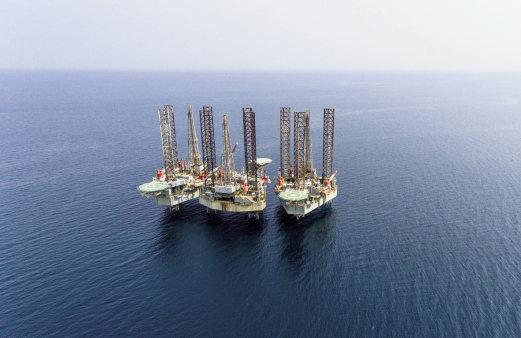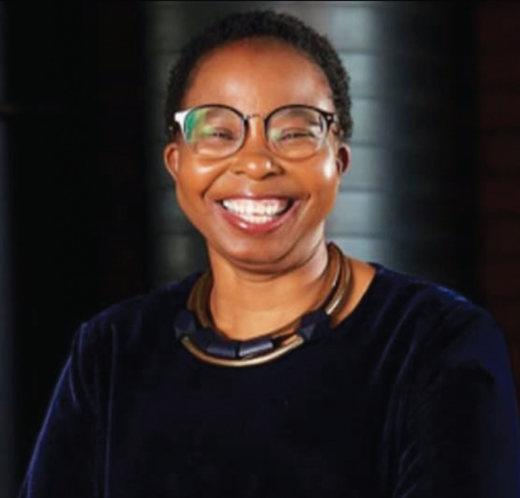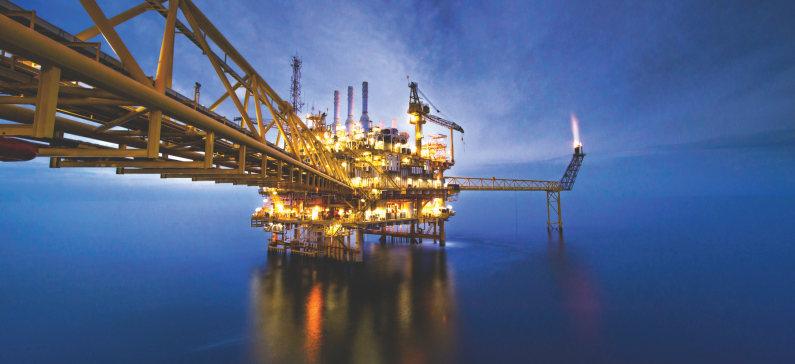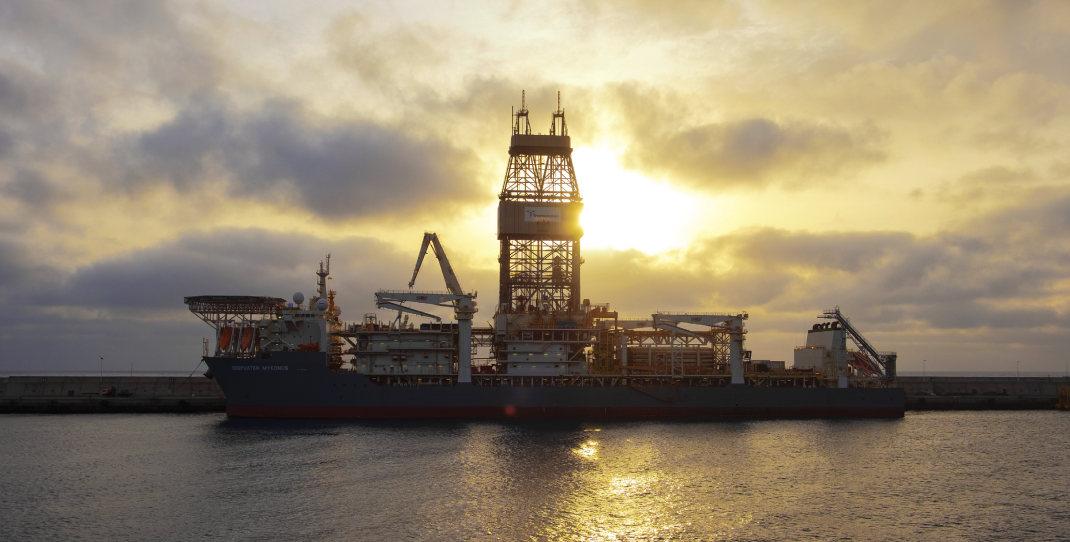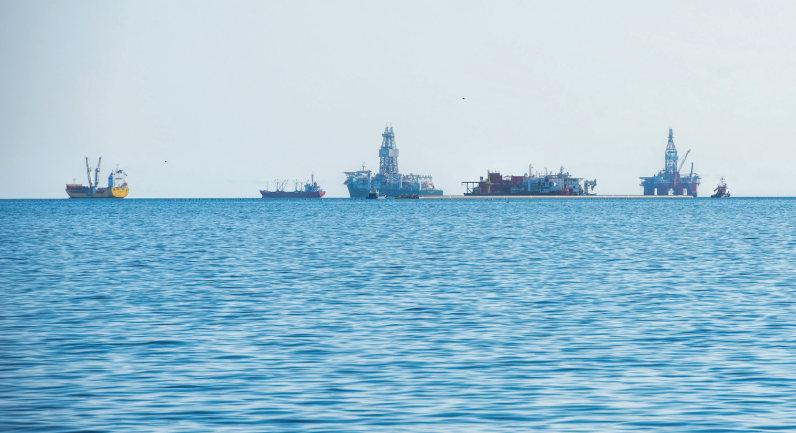
4 minute read
Certification
REMOTE CERTIFICATION
The COVID-19 pandemic has accelerated the use of remote technologies in the role of certification and testing in Africa and beyond. Martin Clark and Deblina Roy report.
Remote inspection solutions are effective alternatives when there is limited or no physical access to site.
THE PANDEMIC OF 2020 has pushed the boundaries of technology when it comes to certification and testing, with a surge in remote-based meetings and inspections taking place.
Initially, that meant helping companies with business continuity as the COVID-19 outbreak played out.
Leading testing, inspection and certification provider, Bureau Veritas, has made the most of digitalised inspection services during the crisis to help mitigate risk and prioritise health and safety.
The company had already deployed remote inspection, supervision and augmented inspection services in multiple use cases around the world.
Image Credit: Image credit: Perytskyy/Adobe Stock
Remote inspection solutions are effective alternatives when there is limited or no physical access to site, when experts are not available immediately, or when sites are affected by travel bans or restrictions, the company noted earlier this year.
Bureau Veritas provides services right across the oil and gas industry chain, from upstream through to downstream.
Its remote technology means operatives on a work site can communicate and stream activity via the internet, mobile phone or smart glasses to Bureau Veritas’ inspection experts located off-site – potentially, anywhere in the world.
Results are then analysed remotely and communicated digitally to the client. Other
digital solutions with augmented 3D inspections can also be deployed, according to the company.
Indeed, this year has been a test for similar technologies and creative ways of working all over the world.
In Finland, the regulator STUK carried out a scheduled inspection of a nuclear power plant being built by a subsidiary of Russia's Rosatom over Skype.
It said the measures were necessary to comply with social distancing and other restrictions during the coronavirus pandemic.
In Africa, the use of such technologies has brought with it continuity at a time of chaos.
The advance of other new technologies and devices – from drones to remotely-operated vehicles for subsea work – has likewise been gathering pace in recent years.
It means the important work of testing and certification on major oil and gas installations across Africa and worldwide could continue even in the face of a pandemic.
That will be important going forward in a world in which health, safety and hygiene issues have pretty much moved to centre stage.
Renato Catrib, senior vice president for industry and facilities global service lines at Bureau Veritas, said it will require companies to be flexible, responsive, innovative and committed to society at large –and with ever greater transparency.
This dependence on new technologies will become integral from now on.
Catrib said what used to be considered ‘innovation’ will become a pillar of the ‘new normal’ – our ability to leverage digital technologies.
“The situation has enabled people to adapt in real time,” said Catrib. “Digital will help meet society’s growing demand for transparency. This is why we have decided to propose the online availability of inspection and audit results. Everything is recorded on a digital platform that we have specifically developed for this offering.”
In August 2020, Bureau Veritas expanded its remote service centres and pilot projects with leading energy companies, to accelerate the drive towards real time verification for offshore assets. The first step in the journey – remote inspection and verification - has led to the opening of seven remote service centres in major locations around
The OPITO standard will enable marine personnel to boost their skills and
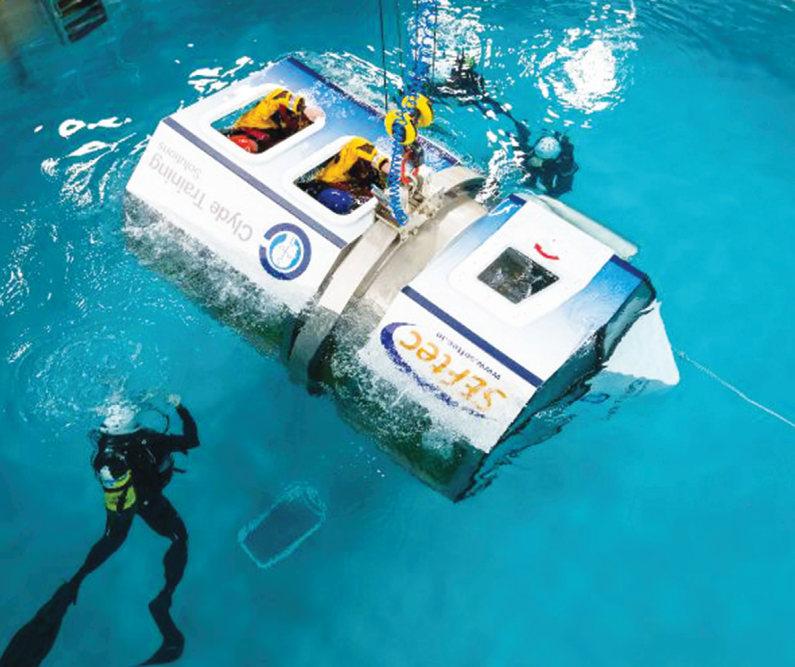
experiences in the oil and gas industry. the world. Bureau Veritas aims to convert 50% of physical surveys offshore to remote surveys by the end of 2021.
The latest centre opened in Singapore recently, joining others in Shanghai, Miami, Rotterdam, Piraeus, Istanbul and Dubai. A centre is proposed for Aberdeen in autumn 2020 with others planned to enhance the global network. By increasing connectivity in this way, Bureau Veritas is able to maximise cost efficiency for operators while maintaining service quality and firmly reducing carbon footprint.
Digital will help meet society’s growing demand for transparency: this is why we have decided to propose the online availability of inspection and audit results. Everything is recorded on a digital platform that we have specifically developed for this offering,” said Catrib.
New oil and gas industry standard To support the transition of marine personnel into the oil and gas industry, OPITO, international skills organisation for the energy industry, and Merchant Navy Training Board (MNTB), have launched a standard. The OPITO BOSIET with CA-EBS – [STCW 95/2010 Conversion] aims to recognise similarities between the BOSIET training requirements for workers travelling to offshore installations and the maritime industry’s STCW95/2010 certification, which offers similar instruction on basic safety and emergency response for marine personnel.
Kris McDonald, training centre manager at Clyde Training Solutions, said, “The OPITO BOSIET with CA-EBS – [STCW 95/2010 Conversion] demonstrates innovative crossindustry collaboration that will benefit marine personnel moving across to the oil and gas sector.”

